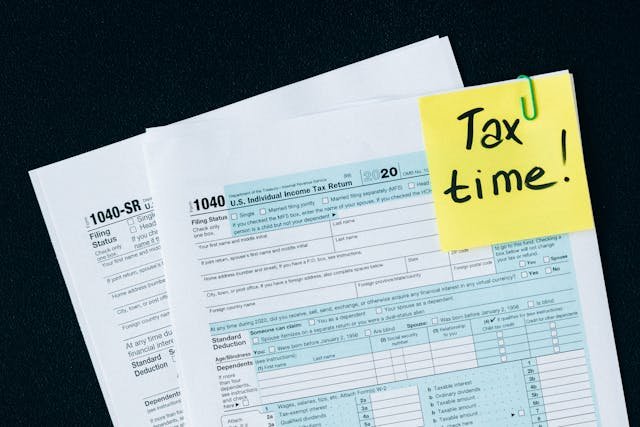
Excise Returns
What is an Excise Tax?
Excise Tax is an indirect tax imposed on the sale of specific goods. In the UAE, this tax applies to goods that are either imported, manufactured, or stored within the country.
Excise duty targets products deemed harmful to human health or the environment. The primary goal of this tax is to curb the consumption of such goods and mitigate unhealthy practices.
In some cases, products are physically labeled to show that excise duty has already been paid to the government.

Which Products are
Subject
to
Excise Tax?
- Carbonated Beverages: This includes all carbonated drinks except for unflavored carbonated water. Additionally, products used in the production of carbonated beverages, such as concentrates, powders, gels, and extracts, are also subject to excise duty.
- Tobacco and Tobacco Products: All forms of tobacco and related products fall under this category.
- Energy Drinks: Beverages containing stimulants such as caffeine, taurine, ginseng, and guarana, which provide mental and physical stimulation, are subject to excise duty. This also includes concentrates, powders, gels, or extracts used to produce energy drinks.

Scope of Excise Tax
You must register and pay sales tax if you engage in the following activities:
- Excise Imports: Companies engaged in importing excise goods into the UAE.
- Excise Production or Manufacture: Companies involved in producing or manufacturing excise goods for consumption within the UAE.
- Movement of Excise Products: Companies managing the movement of excise products outside designated areas.
- Excise Reserves: Companies maintaining excise reserves as part of their regular business operations.
- Excise Sales: Companies making sales of excise goods within the UAE. Sales tax is the responsibility of the seller and is included in the total sales price of the taxed item.

